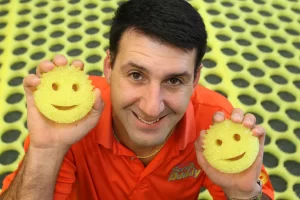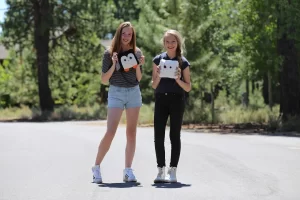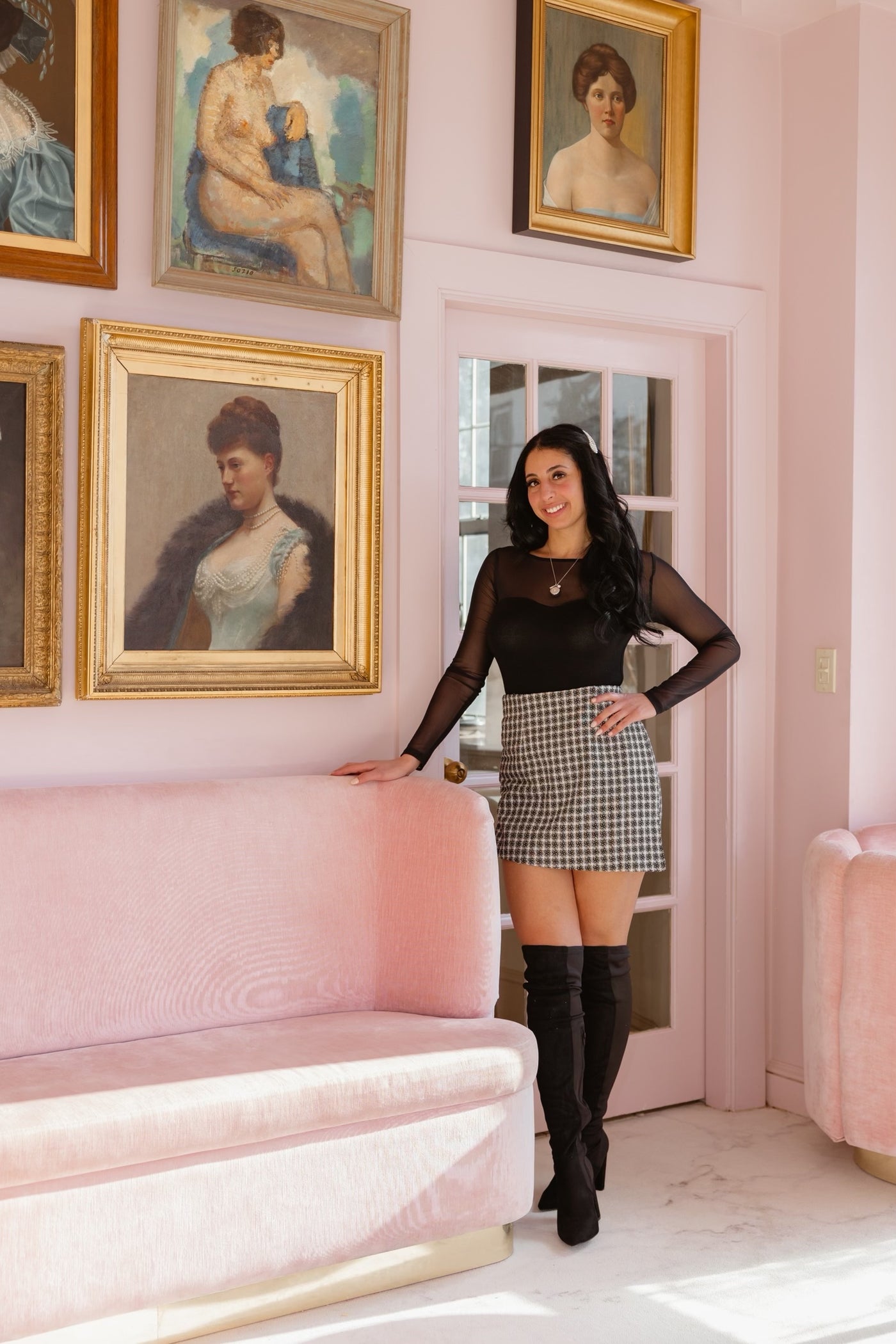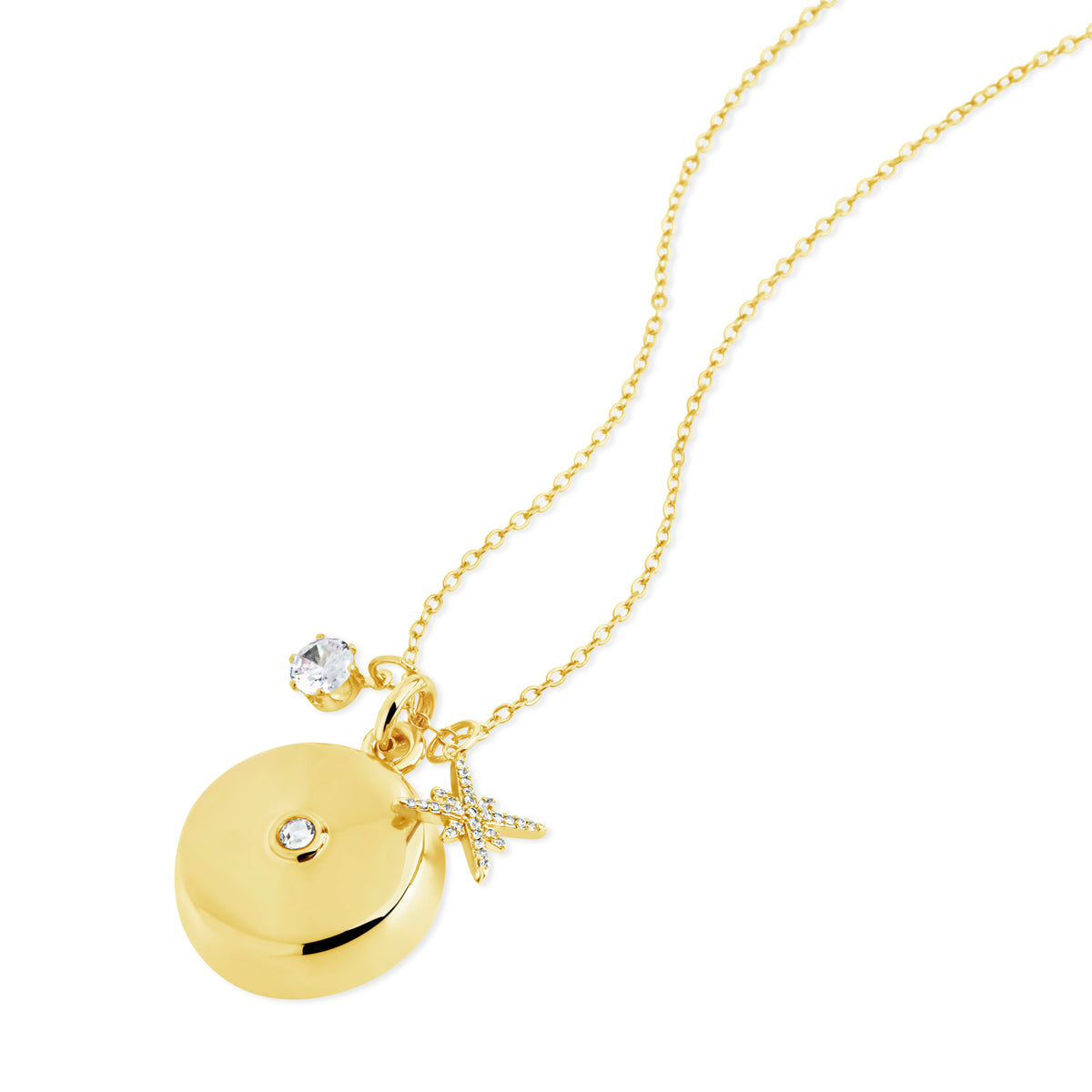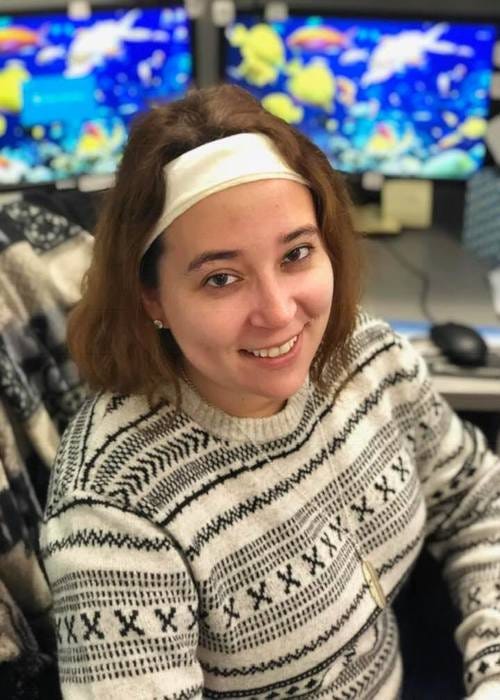Connor Blakley is the perfect example of a Gen Z entrepreneur – he saw a problem and solved it. His company is YouthLogic, a marketing consultancy that he founded when he was just 15.
While Gen Z might not be the largest generation right now, they still have significant influence and economic impact. They influence $44 billion in just discretionary spending. Blakley realized at a very young age that he can leverage his knowledge about the younger generation to help companies with their marketing efforts. He got the idea for the business while watching his friends scroll through Twitter, noticing how quickly they skipped through content. This made him wonder how companies could change their approach to capture attention.
After doing more research, Connor made several observations that he used to help the way companies target a young audience. First, he claims that there is misconception that we only have 6-8 second attention spans. Rather, he says that our generation is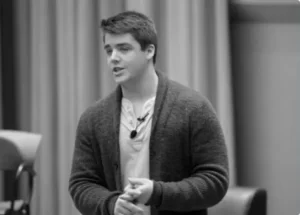 better at detecting marketing on social media, and we skip it faster if it doesn’t bring us value. Second, he says that companies often put generations in a box instead of trying to actually understand them. They should work to create more relatable content. Finally, Connor observed that Gen Z clings to brands that take a radical stance. The younger generation appreciates authenticity and wants to support brands that agree strongly with what they believe in.
better at detecting marketing on social media, and we skip it faster if it doesn’t bring us value. Second, he says that companies often put generations in a box instead of trying to actually understand them. They should work to create more relatable content. Finally, Connor observed that Gen Z clings to brands that take a radical stance. The younger generation appreciates authenticity and wants to support brands that agree strongly with what they believe in.
Connor started the business when he was 15 and ended up selling it when he was 19. Just recently, however, he reacquired the business and is running it full time. YouthLogic has become very successful, and has worked with brands such as PepsiCo, T-Mobile, Raising Cane’s, and Levi’s.


 But what else makes GoNanas unique? They are a women-owned startup, and they help to empower other small business owners! They also swapped out artificial and refined ingredients for healthier and simpler alternatives that make their banana bread taste even better! They also now sell different banana bread flavor mixes like birthday cake, cinnamon roll, strawberry caramel, and more! They even launched some cookie mixes like lemon shortbread and chocolate chip! You can find more about their
But what else makes GoNanas unique? They are a women-owned startup, and they help to empower other small business owners! They also swapped out artificial and refined ingredients for healthier and simpler alternatives that make their banana bread taste even better! They also now sell different banana bread flavor mixes like birthday cake, cinnamon roll, strawberry caramel, and more! They even launched some cookie mixes like lemon shortbread and chocolate chip! You can find more about their 

